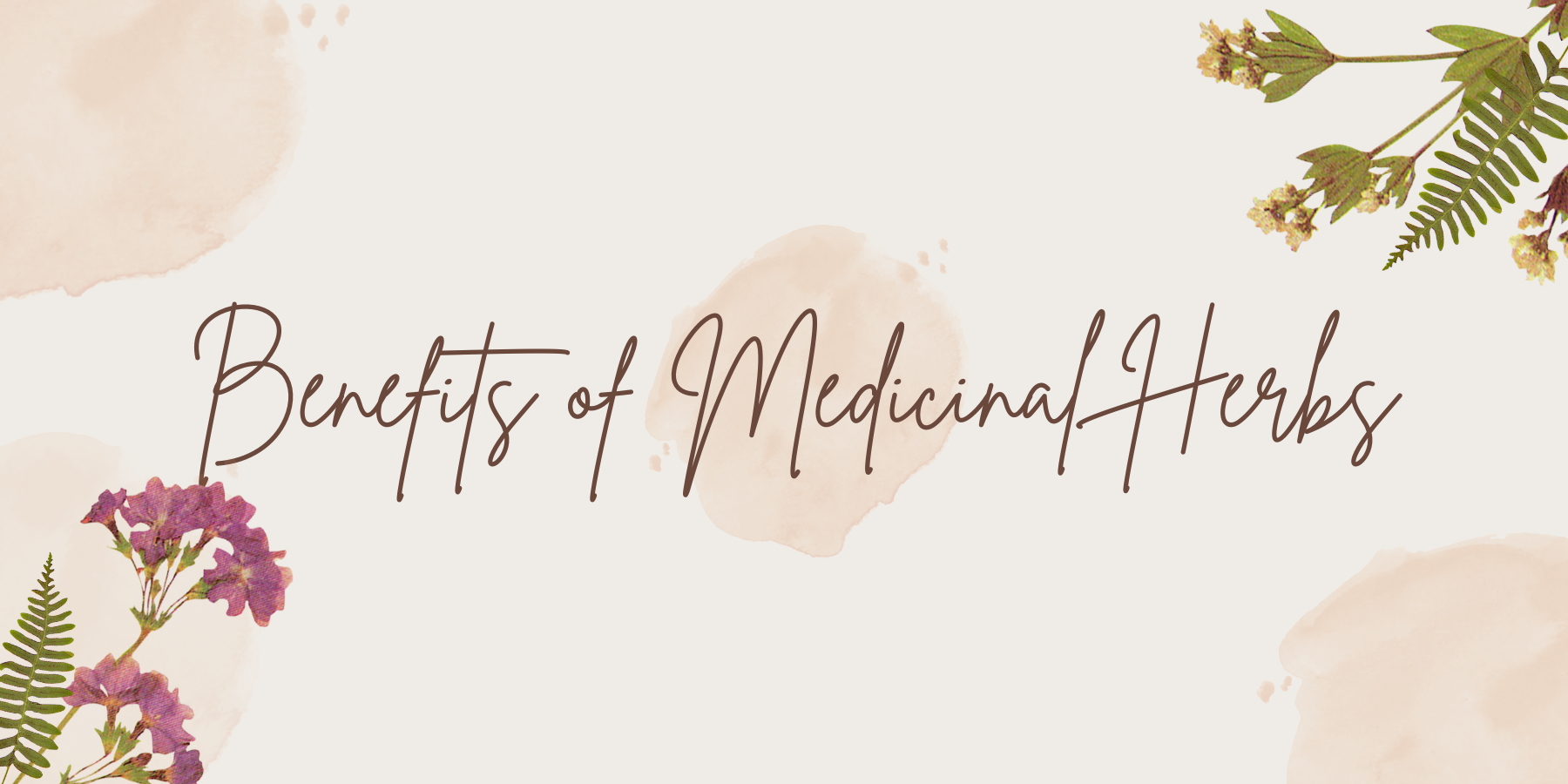
In a world that moves quickly and is heavily influenced by technology, the appeal of herbal tea remains constant as a drink that connects different generations. Herbal tea is made by steeping different plants in water and has been valued for hundreds of years for its distinct tastes, healing qualities, and ability to calm. This article explores the extensive tradition of herbal tea, including its past, the advantages it offers for health, and the wide range of herbs used to create this beloved drink.

The Origins of Herbal Tea:
Herbal tea has its roots in ancient societies, where various cultures discovered the healing properties of different herbs. Chinese, Indian, and Native American traditions all incorporated herbal infusions for the sake of health and well-being. Over time, these practices merged and developed, ultimately leading to the global popularity of herbal tea.

Diverse Flavors and Varieties:
Herbal teas are as diverse as the plants from which they are crafted. Chamomile, with its mild, apple-like flavor, is renowned for its relaxation-inducing properties. Peppermint, a refreshing and invigorating herb, aids digestion and soothes the senses. Lavender, known for its calming aroma, transforms into a delicate infusion that promotes relaxation and sleep.
Other popular herbal teas include hibiscus, a vibrant and tart option rich in antioxidants; ginger, celebrated for its spicy kick and digestive benefits; and echinacea, believed to boost the immune system. The possibilities are endless, as herbal tea enthusiasts experiment with combinations like lemongrass and ginger or lavender and chamomile, creating blends that cater to personal preferences.

Benefits of Herbal Tea:
Beyond their delightful flavors, herbal teas offer a plethora of health benefits. Many herbs used in herbal teas are rich in antioxidants, which help combat oxidative stress and support overall well-being. Peppermint tea is renowned for its ability to alleviate digestive issues, while ginger tea is a popular choice for soothing nausea. Chamomile, with its anti-inflammatory properties, is often consumed to ease stress and promote better sleep.
Additionally, herbal teas are caffeine-free, making them a suitable choice for individuals looking to reduce their caffeine intake or enjoy a soothing beverage before bedtime. The absence of caffeine also means that herbal teas can be enjoyed by a broader audience, including pregnant women and those sensitive to stimulants.

The Ritual of Herbal Tea:
Beyond its medicinal and health-promoting attributes, herbal tea embodies a ritualistic aspect that connects individuals with nature and fosters mindfulness. The process of brewing herbal tea, from selecting the herbs to patiently waiting for the infusion to steep, encourages a pause in the day, promoting relaxation and reflection.
In a world that seems to be constantly accelerating, herbal tea stands out as a comforting and advantageous constant. With a delightful variety of flavors and benefits, from soothing chamomile to invigorating peppermint, the realm of herbal tea beckons. Herbal tea offers a wide variety of options for those looking for relaxation or natural remedies. It has a rich history and is seen as a timeless and magical remedy for various ailments.

